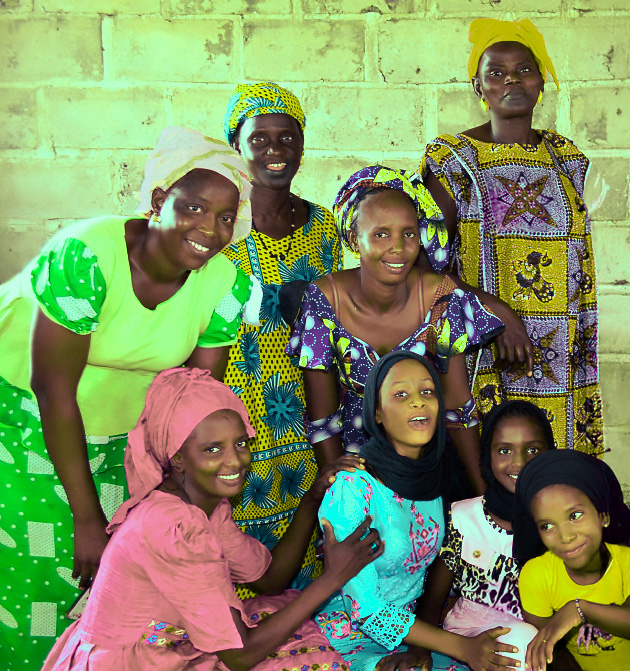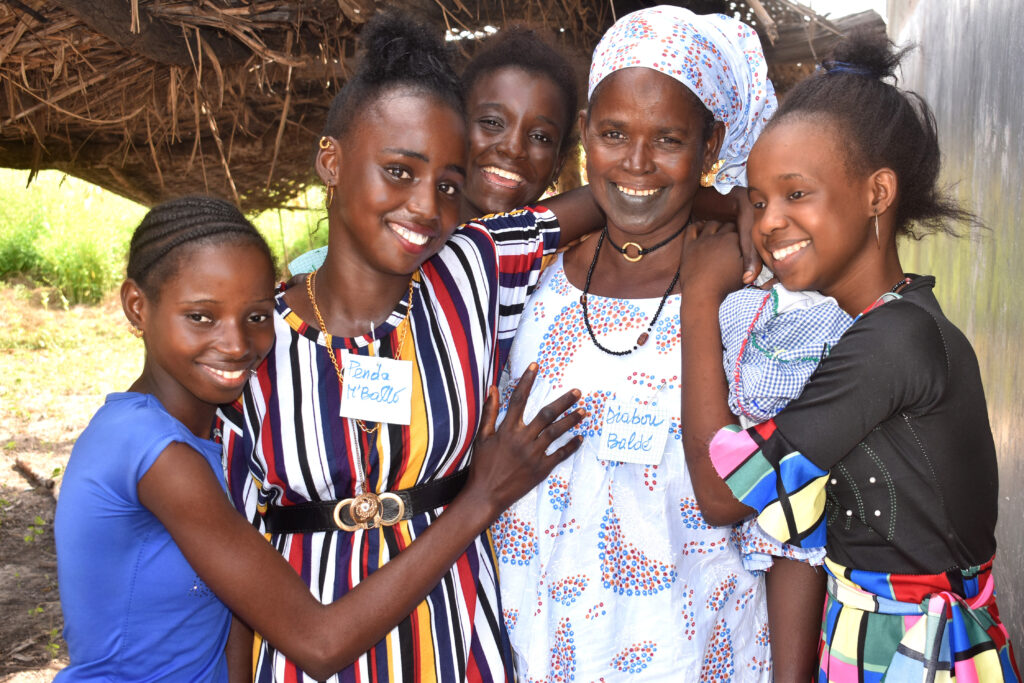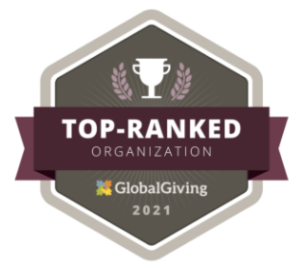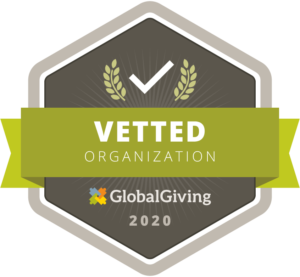Vision
In every community all generations work together to promote the education and full development of women and children, especially of girls.
Mission
Grandmother Project’s mission is to increase the capacity of communities to promote the rights and well-being of women and children, especially girls, in countries in the Global South, using strategies that are rooted in cultural roles and values.
Grandmother Project’s Change through Culture Approach
Grandmother Project works with both rural and urban communities to improve the lives of women and children, and especially girls, using an innovative Change through Culture approach. This approach builds on community knowledge and experience and empowers communities to promote positive change for the benefit of all.
Our approach:
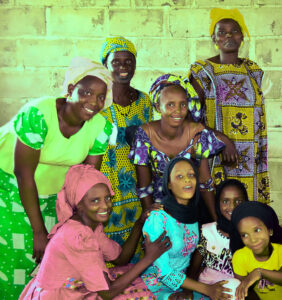
Grandmothers educate children about their history and culture and ensure they stay in school.
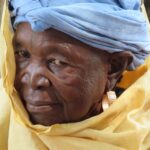
Grandmothers are natural leaders and change makers. Mobilized grandmother leaders are a force for change in communities across Senegal.
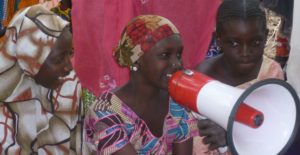
Grandmother Project works to make sure communities are educated about girls’ rights and well-being – and work to abandon harmful traditions that hurt girls’ futures.
The Grandmother Project in Numbers
8,452 primary students &
1,223 secondary students
have participated in GMP Education programs
1,636 grandmothers trained
and supported to make a difference in the lives of girls
77 villages and 2 urban areas
participated in GMP’s programs
Grandmas and Global Health – The role of culture in health promotion
Grandmothers are a source of wisdom, support, and influence in all societies around the world. In much of the West, the emphasis is on youth. Many development programs in the non-western world forget that in those cultures elders, especially grandmothers, play a key role related to issues of family health and wellbeing.
Elders transmit positive values to younger generations
